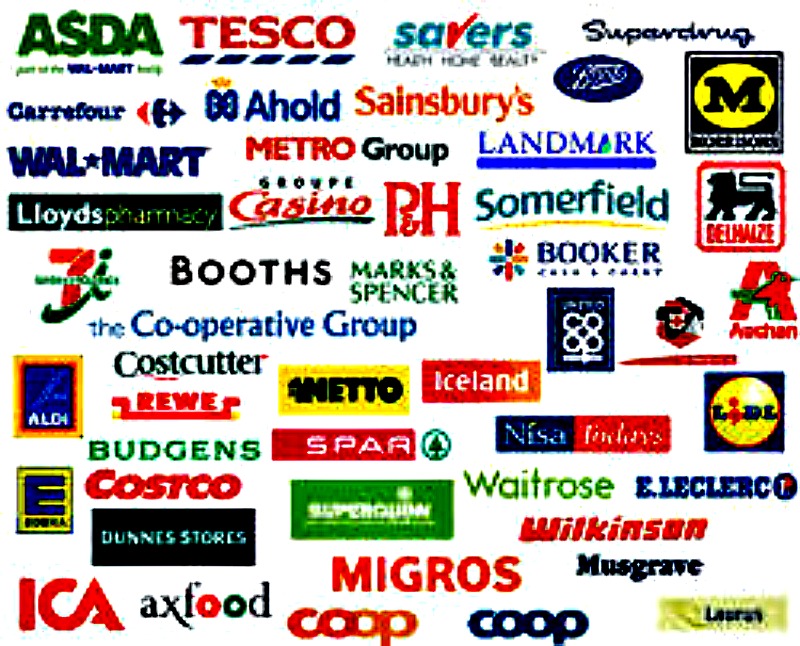Retailing is very diverse and sometimes the edges start to blur with other type of business. The word retail comes from the Old French retaille “to cut off”. So a wholesaler or manufacturer sells bulk lots while the retailer is willing to sell off smaller or individual pieces. Of course this definition only takes us so far because many wholesalers also sell retail and many retailers also sell wholesale in larger lots.
Further, the common usage of retail is based more on whether the business deals directly with the public. Retail banking, retail service stations, and local coffee shops are all retailers although they do not necessarily sell any goods in the sense of a clothing store.
A local physical location is not even necessary for the definition of retail anymore now that e-tailing and eBay selling can be retail businesses unto themselves. The best definition of retail might be any business whose product or service is made for, and targeted to, the consuming public.
WHAT DO YOU BRING TO THE TABLE?
So you have a skill or cash, (but hopefully both) and you want to enter retail. This is where it all branches out. Do you know what you want to do or don’t you? If you do it is probably because you have the skill from working for others. You know exactly the kind of business you want to run. Probably just like your bosses business but better. Your first decision is whether to start a new operation or try to buy into an ongoing concern.
If you don’t know what kind of retail you want to enter, however, it is probably because you have money but are leaving a different industry. You will probably benefit the most from either looking into franchising or else looking for a successful model that you want to emulate or improve.
When you think about it, there are not really that many types of retail operations. Bulk food, prepared food, furniture, clothing, jewelry, automotive, electronics, financial, personal care services, and specialty stores that carry anything from knick knacks for the home to a store that only sells products from a certain country, there just are not that many types of retail establishments to consider. Consider what you do during the day, you get out of bed, get dressed, put on your watch, eat, and drive to work. Retail tracks what people do so you will be well served to pick something that fulfills a need.
Of course within each one of these broad categories there are many niches available. Take clothing for example. There are work clothes, casual, children’s, formal, and sportswear. And there are even sub-specialties within the niche such as upscale children’s clothing, everyday basic wear, or infant clothing. [
MAKING THE RIGHT DECISION IS CRITICAL
Finally, there is a very severe over-supply of retail outlets now. Strip malls keep getting built, regional malls are expanding, and e-tail sellers are popping up everywhere. It is a very hard time to become a retailer and succeed. Business failure by small retailers is very common.
One trend in local shopping districts is the loss of goods sellers and the emergence of service businesses to take their place. I always get a laugh when local governments create moratoriums on new banks because they want to have more diversity (read this as tax revenue) in the downtown shopping district. The fact is that people don’t really need that many different stores selling things. People do, however, need a place to put their checking accounts. If people did not need more banks then the market would fix any oversupply through mergers or closings.
So in addition to the over supply of retail stores, it is fair to say that the wrong types of businesses are being chosen by startup entrepreneurs. While it may easier to look at what you want to open, it is also necessary to research what the market actually needs.
The decision facing the startup entrepreneur is therefore two-fold. First, you must decide on the type of retail business you will create. Second, you need to decide if your skills and resources are better suited for a startup or if you are better served by purchasing an existing business or entering into a franchise.
